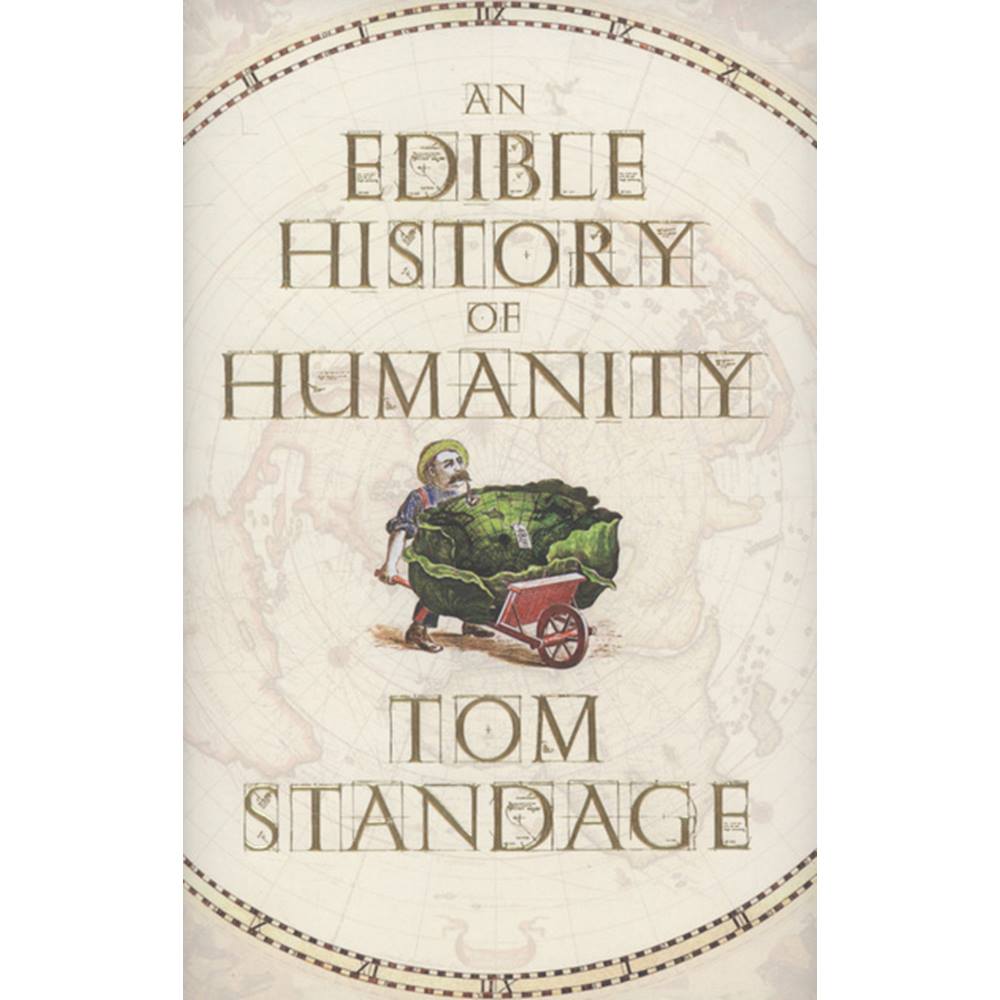An edible history of humanity book review – An Edible History of Humanity is a book review that takes readers on a culinary journey through time, exploring the profound impact food has had on human civilization. This captivating read delves into the historical significance of food, its role in shaping cultures, and its influence on personal and collective identity.
From the earliest hunter-gatherer societies to the modern era of food technology, this book review uncovers the fascinating stories behind the foods we eat. It examines how different cultures have influenced food traditions, how food reflects cultural values and beliefs, and how it is used to celebrate festivals and special occasions.
An Edible History of Humanity
An Edible History of Humanityis a comprehensive exploration of the role of food in shaping human civilization. It delves into the historical, cultural, and social significance of food, examining how it has influenced our beliefs, values, and practices.
Historical Context
Food has played a pivotal role in human history, providing sustenance and shaping societies. From the earliest hunter-gatherer communities to the rise of agriculture and the development of complex civilizations, food has been central to human existence.
Food and Cultural Development
Different cultures have developed unique food traditions, reflecting their environments, beliefs, and social structures. For example, the Mediterranean diet, characterized by fresh fruits, vegetables, and olive oil, is influenced by the region’s climate and access to the sea.
Food and Societal Development
Food has also influenced societal development, fostering trade and exchange between different regions. The spice trade, for instance, played a significant role in the exploration of the world and the rise of global commerce.
Food and Culture
Food is deeply intertwined with culture, reflecting our values, beliefs, and traditions. It is used to celebrate festivals, holidays, and special occasions, connecting people to their heritage and sense of place.
Food and Festivals
Many cultures have food traditions associated with festivals. For example, the Chinese New Year is celebrated with dumplings, while the Jewish Passover features matzo.
Food and Identity
Food can also shape personal and collective identity. Certain dishes or ingredients can become symbols of a particular culture or region, connecting people to their heritage.
Food and Health
Food has a profound impact on our physical and mental well-being. A balanced diet provides essential nutrients for growth, development, and overall health.
Food and Nutrition
The nutrients we consume from food play a crucial role in maintaining a healthy body. Fruits, vegetables, and whole grains provide vitamins, minerals, and fiber, which are essential for optimal health.
Food and Disease Prevention
Certain foods have been shown to have disease-preventing properties. For example, antioxidants found in fruits and vegetables can help protect against chronic diseases such as heart disease and cancer.
Food and the Environment: An Edible History Of Humanity Book Review
Food production has a significant impact on the environment. The use of pesticides, fertilizers, and water resources can contribute to pollution and climate change.
Sustainable Food Practices
Sustainable food practices aim to minimize the environmental impact of food production. These practices include organic farming, reducing food waste, and promoting local food systems.
Food and Biodiversity
Food production can also affect biodiversity. Monoculture farming, where a single crop is grown over a large area, can reduce the variety of plant and animal species in an ecosystem.
Food and Technology

Technology has revolutionized the way we produce, process, and consume food. From the development of refrigeration to genetic engineering, technology has had a profound impact on our food system.
Food Production and Processing
Technology has made it possible to produce and process food more efficiently. For example, machinery has automated tasks such as harvesting and packaging.
Food Consumption, An edible history of humanity book review
Technology has also changed the way we consume food. The rise of fast food restaurants and the availability of processed foods have made it easier for people to access convenient but often unhealthy options.
Food and the Future
The future of food is uncertain, but emerging trends and technologies are shaping the way we think about and consume food.
Food Security
One of the challenges facing the future of food is ensuring food security for a growing population. Climate change and other factors could disrupt food production and distribution.
Alternative Food Sources
Researchers are exploring alternative food sources, such as plant-based meat and insect protein, to meet the growing demand for food.
Concluding Remarks
An Edible History of Humanity is a thought-provoking and engaging read that will leave you with a newfound appreciation for the food on your plate. It is a must-read for anyone interested in history, culture, or the culinary arts.
Essential FAQs
What is the main theme of An Edible History of Humanity?
The main theme of An Edible History of Humanity is the profound impact food has had on human civilization throughout history.
How does the book explore the relationship between food and culture?
The book explores the relationship between food and culture by examining how different cultures have influenced food traditions, how food reflects cultural values and beliefs, and how it is used to celebrate festivals and special occasions.
What are some of the key takeaways from An Edible History of Humanity?
Some of the key takeaways from An Edible History of Humanity include the importance of food in shaping personal and collective identity, the role of food in preventing and treating diseases, and the impact of food production on the environment.